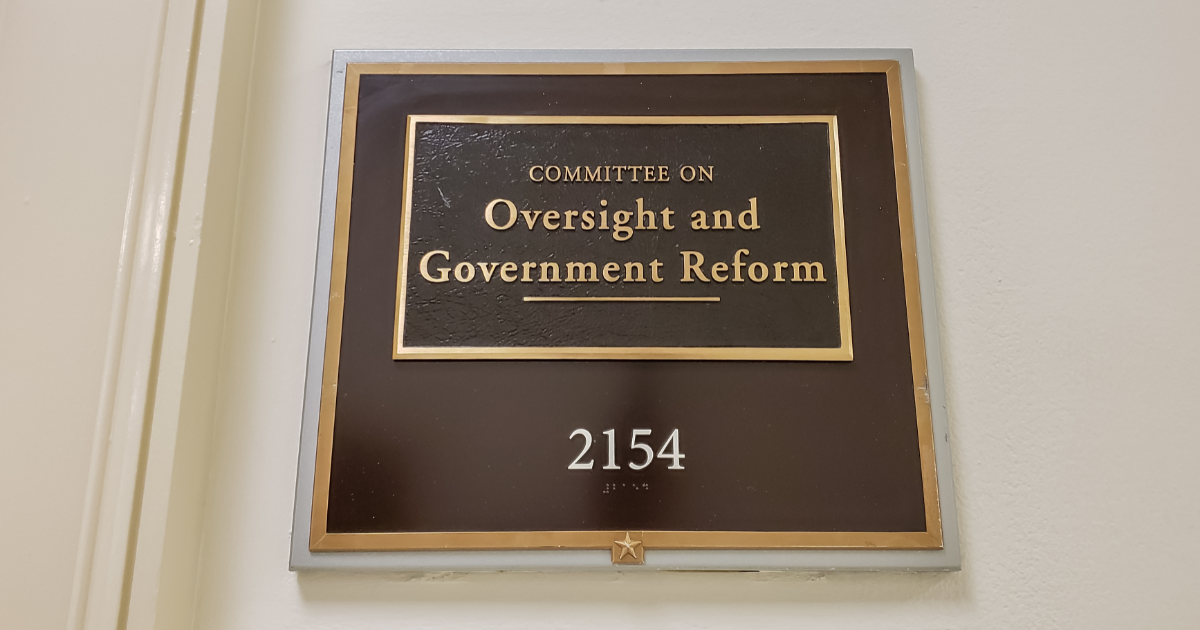As we step into 2024, the rental housing sector finds itself amidst a flurry of federal advocacy and regulatory activity. The past year witnessed unprecedented attention to rental housing policies, from congressional debates to regulatory initiatives, shaping the landscape for landlords and tenants alike. With looming deadlines and significant legislative proposals on the horizon, it’s crucial to stay informed about the developments that could impact the industry.
CONGRESSIONAL DYNAMICS AND FUNDING PRIORITIES FOR RENTALS
Congress remains at the forefront of discussions regarding federal funding levels and legislative initiatives. Recent developments include the passage of a continuing resolution (CR) extending funding for key federal agencies until early 2024. Notably, the National Apartment Association (NAA) successfully advocated for additional funding for the HUD PRO Housing Grant program, aligning with the aims of the Yes In My Backyard (YIMBY) Act.
However, disparities between proposed spending levels in the House and Senate underscore the need for further deliberations. NAA continues to champion its priorities, including support for the HOME Investment Partnership Program and Housing Choice Vouchers (HCV), while advocating for an extension of the National Flood Insurance Program (NFIP).

REGULATORY MOMENTUM AND POLICY IMPLICATIONS ON RENTALS
The White House Blueprint for a Renters Bill of Rights has catalyzed regulatory activity aimed at enhancing parameters and government oversight in the rental market. Federal agencies have embarked on initiatives to gather feedback and craft enforceable policies, with expectations of more direct actions in 2024. Many housing organizations like the NAA & NARPM remain engaged in helping to shape these regulations. The goal is to ensure they reflect the needs and realities of the rental housing industry.
One notable area of focus is resident screening. Landlords are emphasizing the importance of accessing relevant information to evaluate prospective residents. This information will help mitigate rental fraud risks. Additionally, discussions around renter protections, including potential federal rent control measures, have sparked intense debate within the industry. The efforts to convey the diverse needs of landlords and tenants highlight the complexity of addressing such issues at the federal level.
ADVOCATING FOR SUSTAINABLE RENTAL HOUSING SOLUTIONS
Amidst regulatory scrutiny and legislative deliberations, there continues to be advocation for sustainable policy solutions addressing affordability challenges and safeguarding rental housing infrastructure. Key legislative proposals, such as the Respect State Housing Laws Act and the YIMBY Act, underscore the rental housing industry’s commitment to fostering a conducive environment for rental housing development while respecting state and local jurisdictions.
Furthermore, efforts to streamline the Section 8 HCV Program aim to incentivize landlord participation and enhance housing accessibility. It’s important to emphasize evidence-based reforms to address operational challenges and ensure the program’s efficacy in meeting housing needs.

LOOKING AHEAD: ENGAGING LANDLORDS AND SHAPING POLICY
As federal agencies proceed with rulemaking processes and legislative debates unfold, active engagement with stakeholders remains paramount. Landlords, and the industry associations with its members and affiliate partners, will need to continue to advocate for policies that balance the interests of landlords, tenants, and communities. Through informed dialogue and collaborative efforts, the rental housing industry can navigate the evolving federal landscape and drive positive outcomes for all stakeholders.
In conclusion, 2024 promises to be a pivotal year for federal advocacy and regulatory affairs in the rental housing sector. By staying abreast of developments, actively participating in policy discussions, and championing pragmatic solutions, Landlords can shape a future that fosters affordability, accessibility, and sustainability in rental housing markets nationwide.
If you would like help navigating the regulatory environment with your rental property, contact us today.

